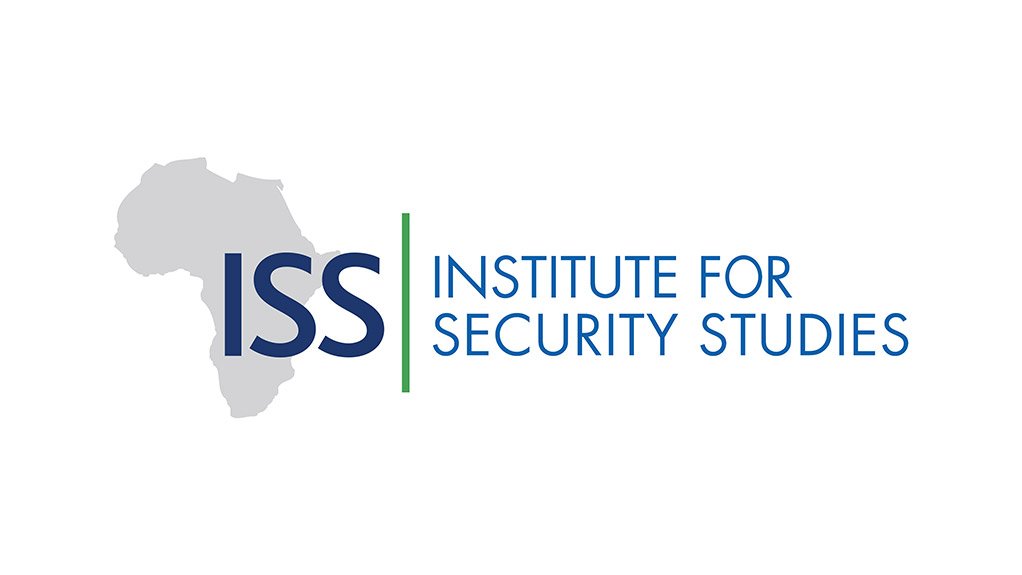Without information on gender roles and relations, both gender inequality and sustainable development will remain a struggle.
Information on women’s status and lived realities is inadequate, especially in Africa. This lack of gender data not only prevents measuring progress on gender equality but achieving sustainable development overall.
Most of Africa won’t meet the United Nations’ (UN) Sustainable Development Goals (SDGs) by 2030 or even in the next 10 or 20 years in some cases. The continent is hamstrung by the legacy of colonisation, internal conflict and external meddling, which has dampened its growth prospects and hindered equitable development.
African countries are also battling to meet gender equality goals. A UN Women report shows that women are still overburdened with unpaid care work, face verbal and physical abuse daily, and earn less money for the same work done. This is the case even after controlling for factors such as education, level of productivity and experience.
Without relevant data, ending gender inequality in Africa will be difficult. And the data required is not just that which categorises information by male and female, but information that captures individuals’ lived experiences, better reflecting gender roles, relations and societal inequalities.
Women living in rural areas face unique challenges. They lack access to resources, bear a heavier care work burden and are more likely to be subjected to traditional cultural norms than their urban counterparts. African LGBTQI+ women experience extreme discrimination and prosecution in many African countries. Restrictions on same-sex relationships, lack of freedom of expression and association, and limited protections are common. Data reflecting the particular challenges women face is crucial for developing policies and laws to address these problems.
The lack of gender data is a global problem, spanning geographical regions and income groups, with similar challenges faced across the board. According to the UN Women report, in 2023, over 80 countries were missing information for at least one of the indicators used to track progress towards the gender equality SDG. At current rates, it will take 22 years for all the SDG gender data to be available globally.
There are diverse reasons for the slow progress. Policies and laws that encourage gender data gathering and integrate gender goals into wider national development plans are lacking.
Financing for gender data collection is also stagnating, with overall spending on generating statistics at a national level falling since COVID-19. A report by Partnership in Statistics for Development in the 21st Century found three characteristics of this financing gap: few donors fund gender data; data production is prioritised over other statistical activities; and gender data activities aren’t mainstreamed and are often tied to narrow project aims.
Outside countries such as Rwanda, Burkina Faso and Ghana, African statistical offices face similar funding restraints. Also, funding stems from governments and international development partners – a mix that shapes the focus of data generation and hinders the creation of regular gender data. A lack of staff trained to gather this data effectively worsens the problem.
What are the effects of these gaps on Africa? First, governments cannot know whether or not their actions to combat gender inequality are working. Second, women’s real needs remain unseen. In some cases, limited gender data is available and collected regularly, but paints only a partial picture of the issue. Third, the lack of gender data precludes governments from making informed decisions that could boost economic growth, climate-resilience and overall health outcomes.
Some steps have been taken in Africa. Significant progress has been made in education and healthcare gender data generation, with statistics on maternal mortality, educational enrolment and life expectancy routinely collected and disaggregated.
UN Women runs a dedicated strategy, Women Count, which promotes gender data production and use through missions in nine countries, six of which are in Africa. UN Women also developed a Minimum Set of Gender Indicators for Africa to help governments know what to monitor and how best to harmonise new gender data within existing frameworks.
The UN Economic Commission for Africa (ECA) and partners are drafting a continental informal cross-border trade data collection framework and methodology to consolidate data gathering. Cross-border trade is a highly gendered aspect of Africa’s trade landscape. A pilot project launched in 2019 by ECA’s African Trade Policy Centre and the African Export-Import Bank to better monitor informal cross-border trade between Abidjan and Lagos is an example of a successful initiative.
The first step towards sustained change is simply to implement existing plans. Various documents have been drafted to fill the gender data gap, but concrete action remains absent.
The African Programme on Gender Statistics should serve as a platform for continent-wide action. But an evaluation of its 2018-21 implementation phase showed that one of the partners – the African Union Commission – failed to engage adequately. Regional economic communities also didn’t participate. The support of both bodies is vital for creating African gender data infrastructure.
Other essential interventions relate to financing, better alignment of gender data with national priorities, and political commitment. Given that international donors often have narrow, time-sensitive focus areas regarding gender data, African governments must fund data systems that include gender data.
Changing gender norms and instilling gender-equal attitudes among citizens is the most effective and durable solution. Grassroots activism aimed at educating children and the youth on gender equality is crucial, but needs government finance and support.
By investing in comprehensive gender data collection and analysis, African nations can make informed decisions that promote gender equality and benefit society as a whole.
Written by Du Toit McLachlan, Research Officer, African Futures and Innovation, ISS Pretoria
This article was first published in the ISS African Futures blog, Africa Tomorrow.
EMAIL THIS ARTICLE SAVE THIS ARTICLE ARTICLE ENQUIRY
To subscribe email subscriptions@creamermedia.co.za or click here
To advertise email advertising@creamermedia.co.za or click here











